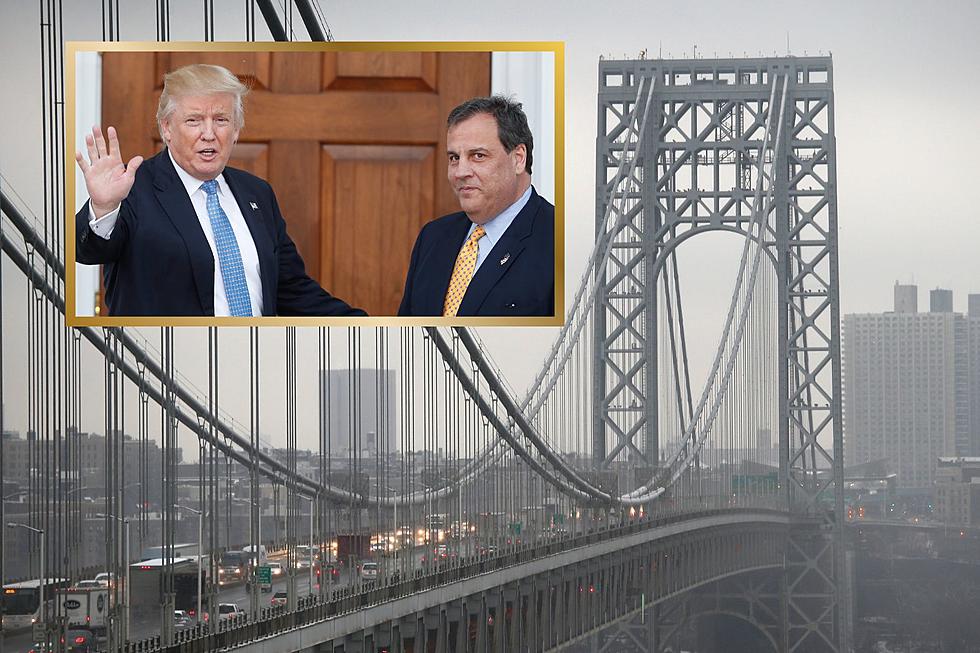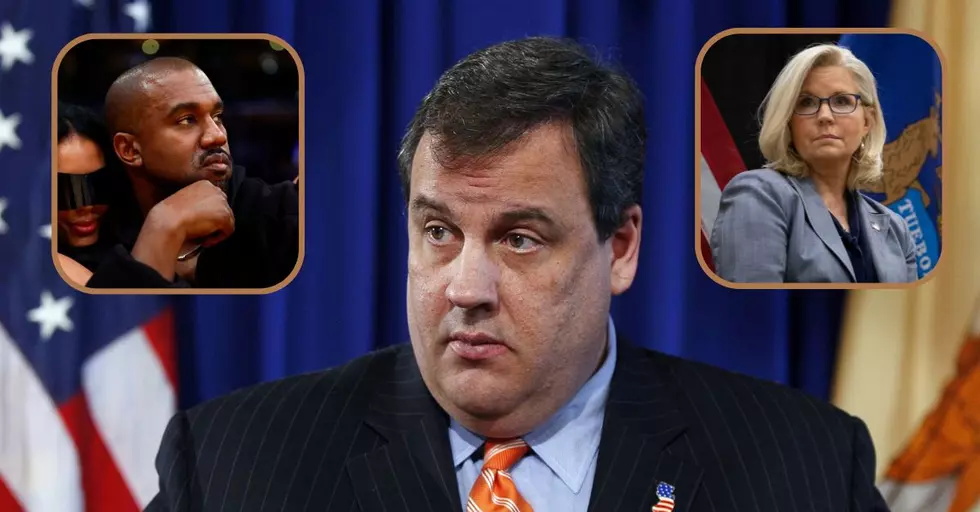
‘Failed 30-year experiment:’ NJ cities’ lower sales tax, UEZ funds ending under Christie
PLAINFIELD — Mayor Adrian Mapp has seen several improvements to his city's business community since it became a designated Urban Enterprise Zone about 30 years ago — from upgrades of store fronts to attracting new businesses and adding beat cops downtown.
But Gov. Chris Christie's conditional veto Wednesday of a bill extending funding for UEZs by 10 years from their expiration dates could potentially be a disaster for Plainfield merchants, he fears.
Mapp says city businesses have spent decades relying on the lower sales tax and funding dedicated to improving the business district. Consumers in UEZ districts pay just 3.5 percent sales tax on certain items as opposed to the full 7 percent — which the urban downtowns use as a draw for shoppers.
Plainfield's UEZ designation — one of the original five UEZs — is set to expire at the end of this year and the veto means the program will come to an end for the Union County municipality. Bridgeton, Newark, Camden and Trenton also expire this year.
"The impact will be enormous," Mapp told New Jersey 101.5. "This creates a significant problem for municipalities such as Plainfield and for the other effected municipalities whose UEZs expire at the end of this year."
In a statement explaining his conditional veto, Christie said state resources to aid financially distressed municipalities are intended to be temporary and provide the tools needed to help these towns succeed on their own.
Christie also called the program a "failed 30-year experiment" that comes with "significant costs for the state" — as much as $2.33 billion in lost revenue over the next ten years.
"My administration has addressed fiscal distress in the state’s urban areas in a number of ways, including by encouraging smart growth strategies that support development and an influx of business into these areas," the governor said in his statement, pointing to programs such as the Economic Opportunity Act, the NJ Grow Assistance Program, the Neighborhood Revitalization Tax Credit Program and the Economic Redevelopment and Growth Program.
"I cannot support such an adverse fiscal impact to the state particularly given the UEZ program’s lack of demonstrable success."
UEZ meant to sunset
In 1983, Gov. Thomas H. Kean signed a bill creating one of the first Urban Enterprise Zone programs in the country. The goal was to target areas that had fallen into economic distress, specifically in cities.
Businesses that are part of UEZs benefit from business-to-business tax exemptions, tax credits, unemployment insurance subsidies and a reduced sales tax.
"The UEZ has allowed us over the years to put more officers on the street, its incentives for incoming businesses and enticed them to locate in the UEZ," Mapp said. "It has allowed us to keep neighborhoods in the zone in a condition that is more inviting to people coming into the zone."
Initially, five UEZs were designated in New Jersey in 1986 that would have expired after 20 years, but after several amendments to the act, the state now has 32 designated zones.
In 2001, an amendment authorized a one-time extension for UEZ designations, giving each a total designation of 31 years in the program.
Assemblyman Reed Gusciora, D-Mercer, who represents Trenton, said ending the UEZ could cause businesses to close and cost thousands of people their jobs. He said the governor's conditional veto inserts new language into the bill "that provides for a study that would investigate alternatives to the program."
“To call this a conditional veto is laughable. This ‘feckless’ governor has removed all passages in the legislation with any bite, and in effect, created an entirely different bill,” Gusciora said. “The original bill reaffirmed and extended the UEZ program. The governor’s bill guts it and replaces it with a study commission designed to research potential alternatives. Instances like this represent executive overreach at its finest."
Mapp said he's concerned about the possibility of the program ending and said he plans to sit down with city officials to discuss how the city will proceed.
"We certainly have to sit down and have a discussion and take a very hard look at the impact that it would have in terms of dollars employment and attracting businesses," Mapp said.
"We're going to have to make some adjustments and how we market our city to potential investors," he said. "Now they may choose to go to other locations as opposed to a place where they'd pay 3.5 percent [sales tax] as opposed to the 7 percent."
Toniann Antonelli is a social content producer for NJ 101.5. She can be reached at toniann.antonelli@townsquaremedia.com, or on Twitter @ToniRadio1015.
More from NJ 101.5:
More From 92.7 WOBM










